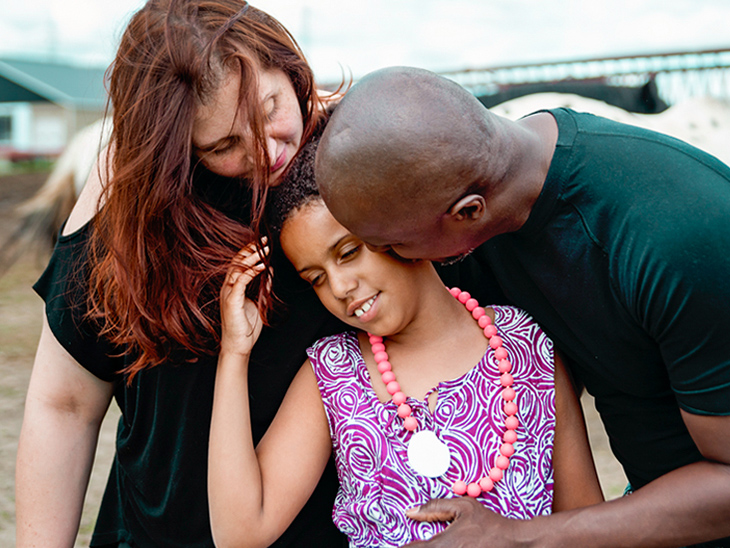6. Not Talking As Much

Autism spectrum disorder (ASD) is a catch-all term for a number of neurodevelopmental problems. These illnesses are classified together because their impact on a person’s capacity to speak, socialize, conduct, and develop are comparable. Many autistic people experience communication and speech issues or delays. Some people may require only minor assistance, but others may require extensive assistance. Some autistic people may not speak at all. In fact, 25 to 30 percent of children with ASD are minimally verbal (they speak fewer than 30 words) or do not talk at all. Non-speaking autism is when an autistic person does not speak. Nonverbal autism is another term for it. However, the term nonverbal isn’t entirely appropriate because it means “without speech.” Even though an autistic person does not speak, they may use language in different ways (such as in writing). They may also comprehend what is said to them or what they overhear. The inability to talk coherently or without interruption is the primary sign of non-speaking autism. Autistic people may have trouble communicating to or conversing with others, but those who are non-speaking do not speak at all. This is due to a number of factors. It could be due to apraxia of speech, a condition that affects specific brain circuits. It can impair a person’s ability to express themselves correctly. It could also be due to a lack of verbal communication abilities. As the condition’s symptoms increase and become more visible, some youngsters may lose conversational skills. Some autistic children may also exhibit echolalia, which leads them to repeatedly repeat words or phrases. It can make communication challenging.



